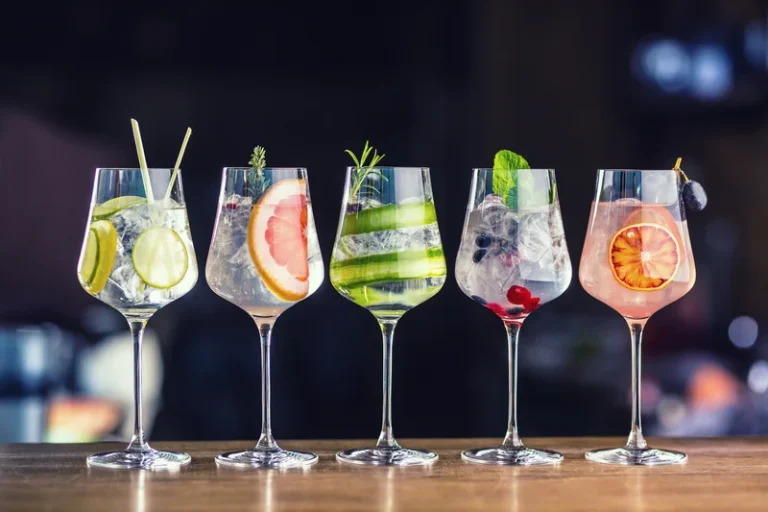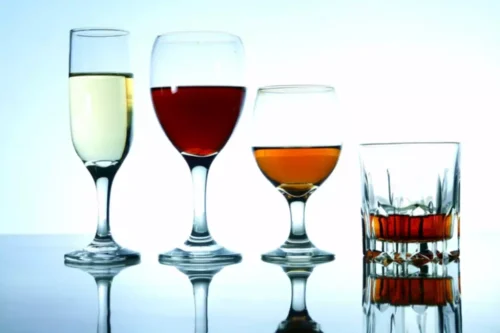
But if you choose to drink, reducing your intake, picking the right type of alcohol, and drinking plenty of water are the best places to start. The only way to avoid the unpleasant side effects of alcohol intolerance is to reduce =https://ecosoberhouse.com/ how much you drink. Those who continue to drink have an increased risk of developing certain types of cancer such as breast cancer or esophageal cancer.
Psoriasis
Other supplements that can how alcohol affects your skin restore the balance to your skin include vitamins C, E, B1, B6, B2, B3 and Omega 3. In the short term, drinking alcohol can cause dry skin, flushing, dark circles, and decreased elasticity. While treating AUD and quitting alcohol should help many skin conditions clear, a person may need to continue treating other underlying conditions, such as liver disease.
- Try not to let a good time and a long night get in the way of your evening regime.
- Known as a ‘mocktail’, most bars and restaurants will offer non-alcoholic alternatives to the cocktails on their menu.
- Habitual and excessive consumption of alcohol speeds up the ageing process of the skin – it causes dehydration, nutrient depletion and an increase in oxidative stress.
- These ingredients help calm the skin and reduce inflammation, providing a protective barrier against potential damage.
Choose Your Alcohol Wisely
In fact, research shows that acute binge drinking also affects the immune system. There is evidence in a number of physiological systems that binge alcohol intake complicates recovery from physical trauma (see the article by Hammer and colleagues). Molina and colleagues review research showing that alcohol impairs recovery from three types of physical trauma—burn, hemorrhagic shock, and traumatic brain injury—by affecting immune homeostasis. Their article also highlights how the combined effect of alcohol and injury causes greater disruption to immune function than either challenge alone. This is because purple bags, more commonly referred to as dark circles, are known to develop under your eyes as a result of dehydration and inflammation that is caused by excess consumption of alcohol. Heavy drinking can also affect the quality of sleep, featuring as another cause for the under-eye shadows.
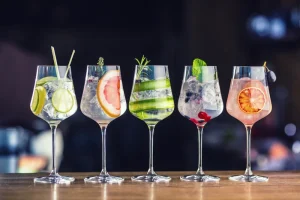
Alcohol and Circulation
- When collagen production is disrupted, your skin becomes less firm and more prone to wrinkles.
- A person with AUD may be unable to manage their drinking habits and may drink heavily.
- “Alcohol fuels inflammation, releasing histamines that flare up already existing skin conditions,” adds Dr Davis.
- These substances may include bile salts, histamine, corticosteroids and opioids.
They help neutralise free radicals, unstable molecules that can damage skin cells and contribute to aging and can stimulate cellular proteins called sirtuins. Sirtuins are involved Halfway house in cellular rejuvenation and can repair damaged skin cells, promoting a fresher and younger appearance. However, it is important to note that the consumption of wine should be moderate to reap the potential benefits while avoiding excessive alcohol intake. Alcohol can drain the body of vitamin A, which is the vitamin responsible for cell turnover. So, by taking a daily supplement you can help to encourage the cell regeneration process that you’ve inhibited by drinking alcohol. You can also take a supplement dedicated to keeping your skin, hair and nails healthy, which can also help repair any skin damage.
- There are many conditions caused by drinking that can be addressed through proper treatment and care.
- Alcohol may stimulate the release of histamines, which can cause the blood vessels under the skin to dilate.
- Many of the long-term effects of alcohol on a person’s skin happen as a result of AUD.
- Alcohol acts as a diuretic, causing the body to lose more water and salt than usual.
- HIV/AIDS is a disease in which mucosal immunity already is under attack.
- Heavy drinking reduces options for treatment of psoriasis, as some medicines are contraindicated if the drinking has led to liver disease (methotrexate) or to high levels of triglyceride (acitretin).
Frequently Asked Questions About Alcohol and Skin Health
- It may make it harder for some to do their job, and it could be dangerous when mixed with others.
- A hung-over skin is one of the many side effects of consuming alcohol.
- According to Centers for Disease Control (CDC), moderate drinking means up to one drink per day for women, or two drinks per day for men.
- Significant differences between the immune system of the mouse—the primary model organism used in immune studies—and that of humans also complicate the translation of experimental results from these animals to humans.
- Dark spirits, such as whiskey and brandy, contain congeners – chemicals such as tannins and methanol which are created in the fermentation process – and these make hangovers worse.
- Chronic alcohol consumption depletes levels of vitamin A in the body, a crucial antioxidant for skin renewal and repair.
- Alcohol can disrupt the skin’s natural barrier function, which helps to keep moisture in and harmful substances out.
Urticaria (hives) may occur within minutes to hours of drinking alcohol and is sometimes due to allergic reaction. Flushing and overheating after drinking alcohol may also indicate cholinergic urticaria. This is a physical type of urticaria is brought on my heat, exercise, or stress. Although the classic ‘drinker’s nose’ (rhinophyma) was thought to be related to excess alcohol consumption, it has never been proven. In a case-control study of 175 people with rosacea and 145 people with normal skin, there was no significant difference in alcohol consumption between the two groups. All of these skin conditions may occur without any history of alcohol abuse.
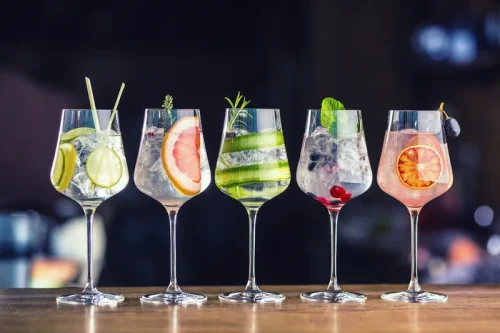
What are some tips for reducing alcohol intake for better skin health?
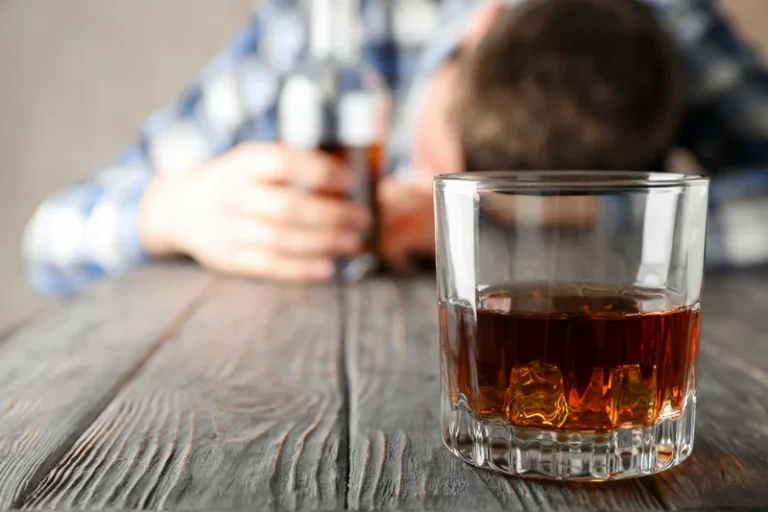
According to the Centers for Disease Control and Prevention (CDC), drinking in moderation is important for your long-term health. They can help you get an arousal by relaxing the blood vessels in your privates and boosting blood flow to the area. Research suggests that 20 percent of college students meet the criteria for AUD, and the condition affects some 623,000 adolescents aged 12 to 17 years. Within minutes of consuming alcohol, it is absorbed into the bloodstream by blood vessels in the stomach lining and small intestine. It can also be difficult for the body to process, putting extra pressure on the liver, the digestive system, the cardiovascular system, and other functions.
